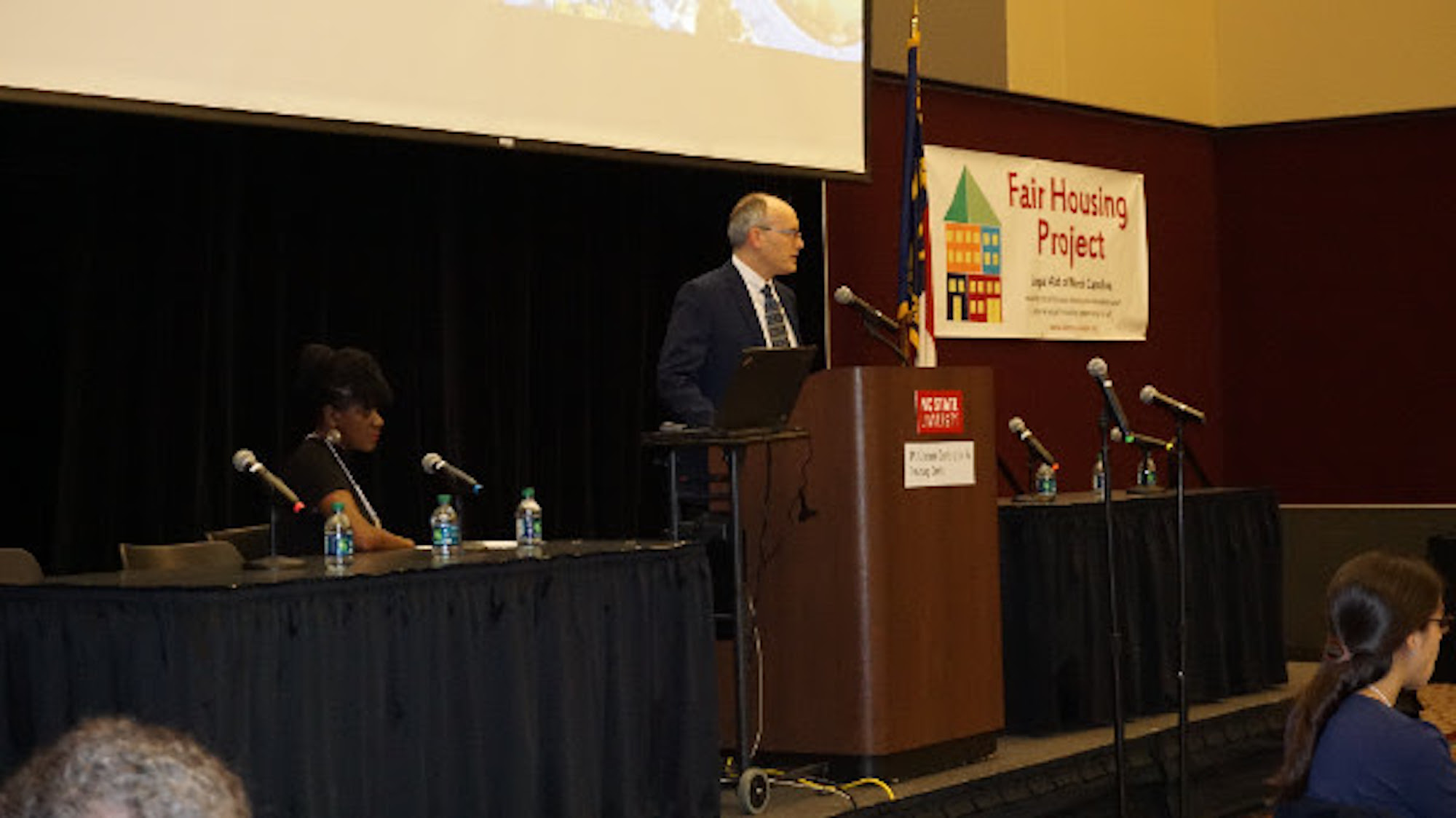April 11, 2018, marked the fiftieth anniversary of the enactment of the federal Fair Housing Act (FHA).
The FHA is one of the key pieces of civil rights legislation from the 1960s, following the Civil Rights Act of 1964 (which prohibited discrimination in public accommodations, employment, government services, and voting based on race, color, national origin, religion, and sex) and the Voting Rights Act of 1965 (which prohibited a wide variety of practices that aimed to disfranchise African Americans).
While civil rights activists had long pressed for the passage of fair housing legislation, it is worth remembering that a series of events in the spring of 1968 played an important role in the law’s eventual passage.
In March, 1968, the National Advisory Commission on Civil Disorders (the “Kerner Commission”) released its report on the causes of the “racial disorders” that occurred in a number of cities in 1967 and earlier. The report famously found that “Our nation is moving toward two societies, one black, one white – separate and unequal” and called for the passage of fair housing legislation, which had been blocked in Congress for several years. The report also noted:
What white Americans have never fully understood but what the Negro can never forget – is that white society is deeply implicated in the ghetto. White institutions created it, white institutions maintain it, and white society condones it.
It is time now to turn with all the purpose at our command to the major unfinished business of this nation. It is time to adopt strategies for action that will produce quick and visible progress. It is time to make good the promises of American democracy to all citizens-urban and rural, white and black, Spanish-surname, American Indian, and every minority group.
After the assassination of Dr. Martin Luther King, Jr., in Memphis, TN, on April 4, 1968, protests and unrest occurred in cities across the country. Civil rights activists pushed for quick passage of fair housing legislation prior to King’s funeral, and after brief hearings in the House of Representatives, it was passed and sent to President Lyndon B. Johnson for his signature on April 11, 1968.
As passed in 1968, the FHA contained two broad mandates.
First, the FHA prohibited discrimination in a wide variety of housing transactions based on a person’s race, color, religion, or national origin.
Second, echoing the Kerner Commission’s findings, the FHA stated that the federal government – through the U.S. Department of Housing and Urban Development (HUD) – should administer programs “in a manner that affirmatively furthers fair housing,” a phrase that has been interpreted by courts and HUD to include addressing housing segregation.
An amendment in 1974 to the FHA added sex as a protected class, and in 1988, discrimination based on disability and familial status also became unlawful.
In the 50 years since the passage of the FHA, our country has made certain strides in addressing housing discrimination. Racial discrimination – and most other forms of discrimination covered by the law – are widely considered unacceptable. HUD, the United States Department of Justice, local and state agencies, as well as private parties and fair housing organizations have filed lawsuits and other complaints to enforce the FHA. And in 2015, HUD adopted a strong regulation setting forth the obligations of local and state governments to “affirmatively further fair housing” in their activities.
Yet as advocates for fair and inclusive communities, we know that there is still much work to be done, particularly to address the racial and other forms of segregation highlighted by the Kerner Commission’s report. That work will entail efforts by governments at the local, state, and federal level, as well as actions by people in the housing industry (landlords, property managers, real estate agents, builders and architects) and others. By working together, we can ensure that our communities offer people the opportunity to live and work in diverse communities.
More from this Newsletter Issue: Spring 2018
Subscribe to the Newsletter

